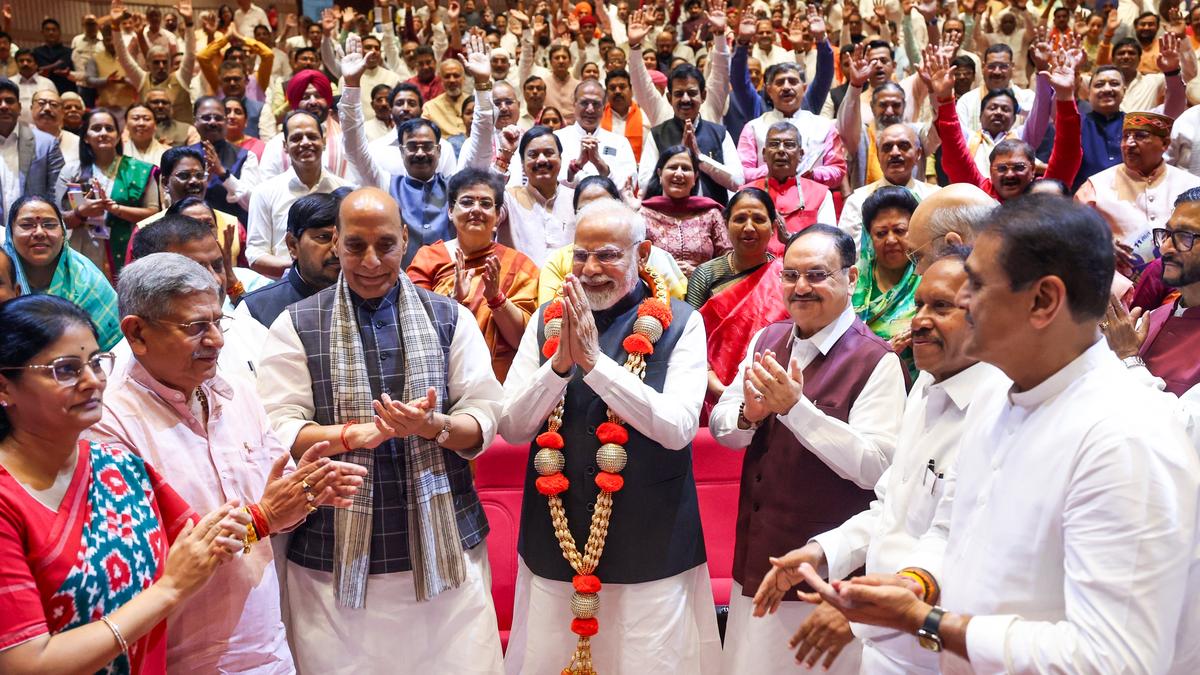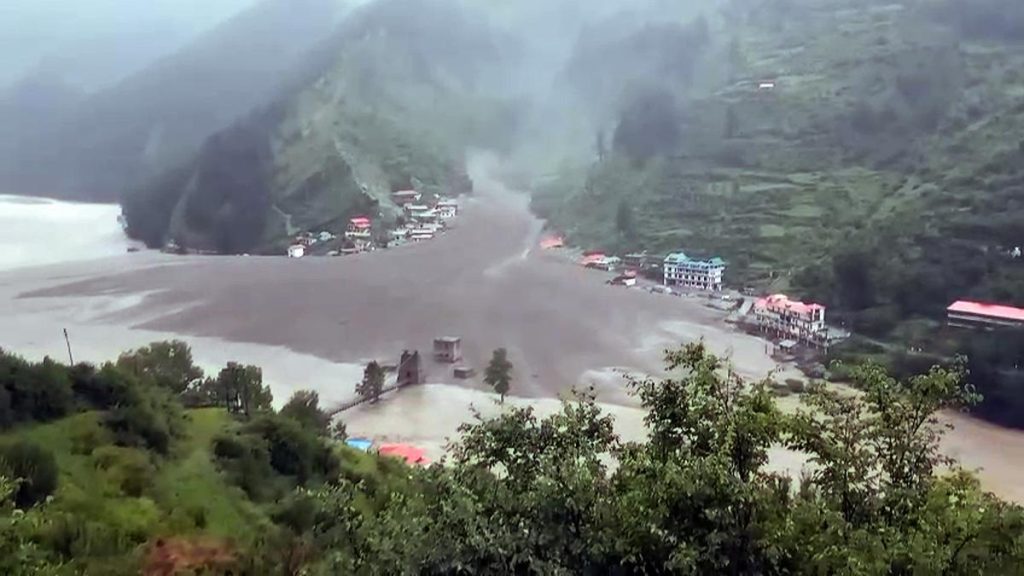Now Reading: Abhishek Choudhary: Vajpayee Wouldn’t Lead in Today’s BJP
-
01
Abhishek Choudhary: Vajpayee Wouldn’t Lead in Today’s BJP
Abhishek Choudhary: Vajpayee Wouldn’t Lead in Today’s BJP

Speedy Summary
- Prime Minister Narendra Modi was felicitated by NDA MPs for the success of ‘Operation Sindoor’ during the NDA Parliamentary Party meeting on August 5, 2025.
- Historian Abhishek choudhary discussed his second volume of the biography of former PM Atal Bihari Vajpayee titled The Believer’s Dilemma: Vajpayee and the Hindu right’s Path to Power (1977-2018).
- The book explores key dilemmas faced by Vajpayee, such as balancing ties between Janata Party and RSS during his tenure in power and navigating political challenges within BJP in later years.
- The late 1980s saw Vajpayee considering leaving BJP amid growing internal rightward shift but ultimately staying due to lack of viable alternatives.
- The book illustrates Vajpayee’s complex relationships with political figures like Narasimha Rao (characterized by mutual respect) and LK Advani (described as enduring brotherhood despite rivalries).
- It contrasts Vajpayee’s leadership style with Modi’s more assertive approach shaped by circumstances such as post-Mandal politics and generational dynamics within RSS leadership.
Photo Credit: ANI — Prime Minister Narendra Modi being felicitated.
Indian Opinion analysis
abhishek Choudhary’s latest biography offers insights into critically important ancient shifts that shaped Indian politics through foundational figures like Atal Bihari Vajpayee. By analyzing decision-making under constraints posed by coalitions, ideological pressures, and personal relationships, it highlights perennial tensions facing leaders who straddle diverse factions.
The comparison between Modi and Vajpayee underscores generational shifts not just in individual leadership styles but also in organizational dynamics within BJP-RSS apparatuses over decades. As India evolves socio-politically, these reflections are critical for understanding how political ideologies adapt to changing demographics, external perceptions (e.g., liberal pushback or international image), and aspirations for centrality in governance models.Such accounts enrich discourse around India’s past while offering interpretative frameworks rather than definitive conclusions about modern-day parallels between leaders or policies.
Read more at The Hindu.

























